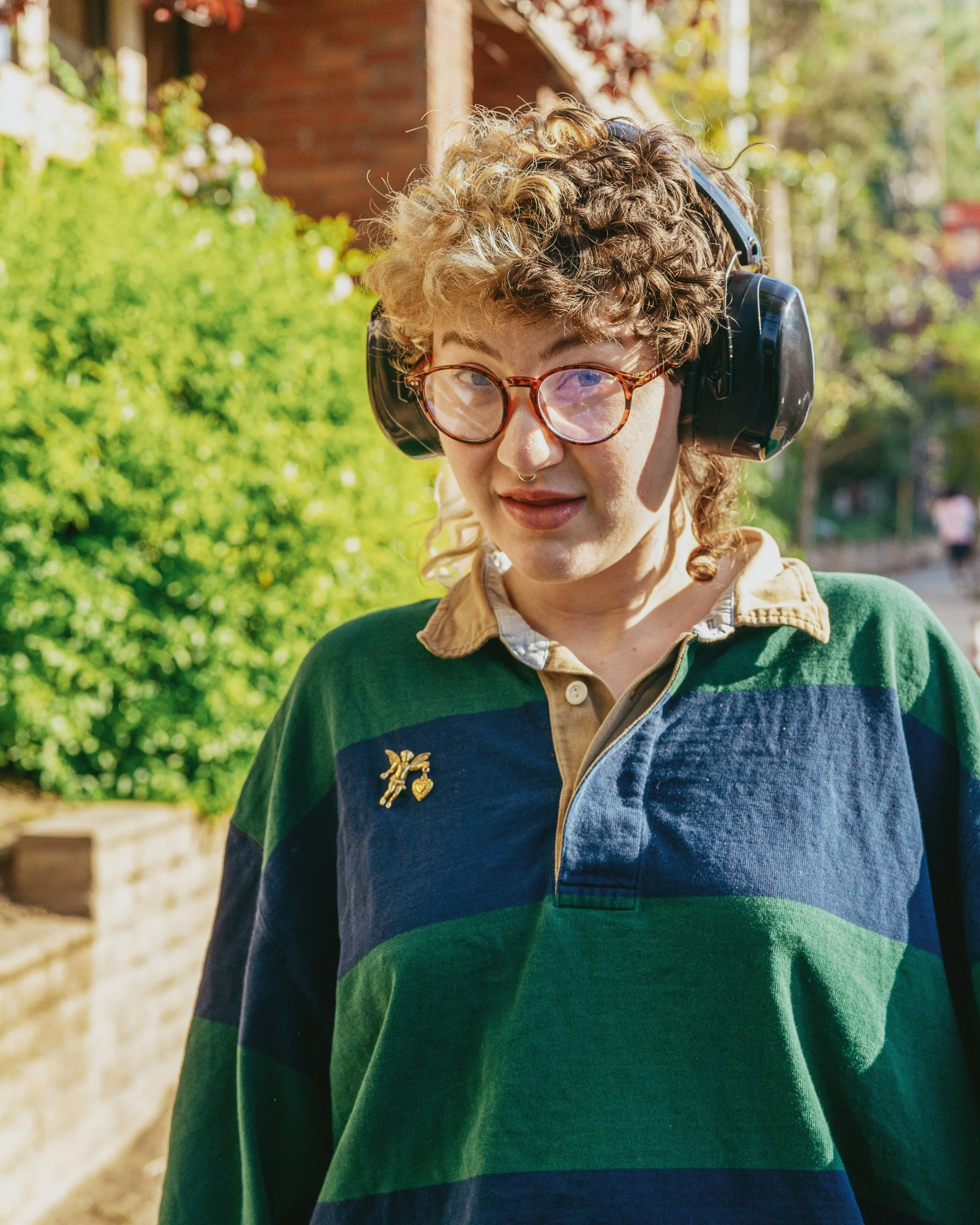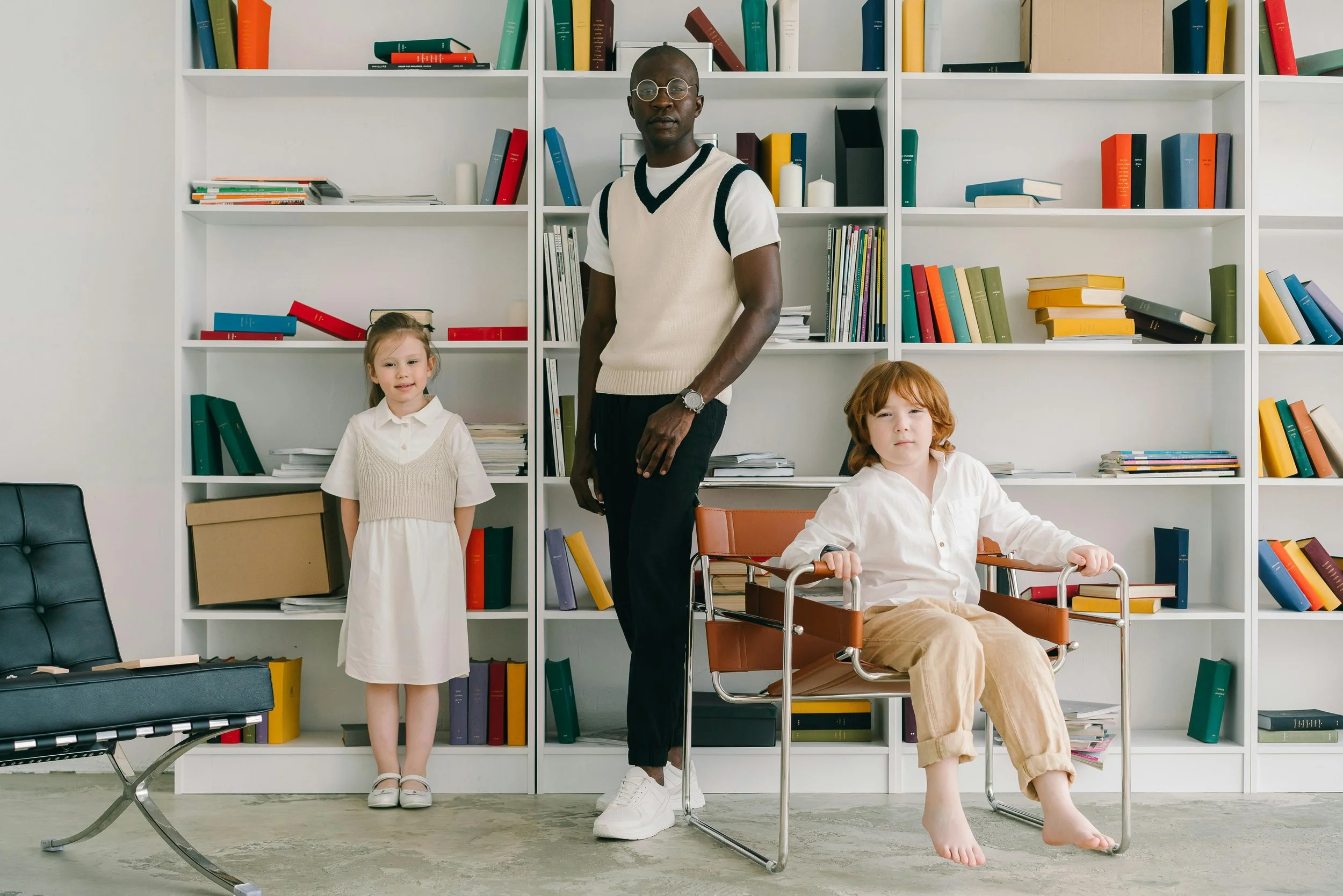Therapy for Autistic Adults
Trauma-Informed Support Rooted in EMDR, Somatic Therapy, IFS, and Attachment Work
Navigating the world as an autistic adult can be deeply challenging—especially when your experiences have been misunderstood, dismissed, or pathologized. Many autistic adults carry the weight of chronic invalidation, masking, sensory overwhelm, and trauma that may not have been recognized as such.
We offer specialized therapy for autistic adults grounded in a trauma-informed, neurodiversity-affirming approach. Our work honors the full complexity of your experience while offering tools for healing, regulation, and self-discovery.
Using modalities like EMDR (Eye Movement Desensitization and Reprocessing), somatic therapy, Internal Family Systems (IFS), and an attachment-based lens, we create a safe, collaborative space where you can gently explore trauma, restore a sense of inner connection, and build a life that feels aligned with who you truly are.
Areas of Focus:
Processing trauma from masking, misattunement, and social or sensory overwhelm
Healing attachment wounds and relational trauma
Exploring autistic identity, including late diagnosis/self-discovery
Managing burnout, shutdowns, meltdowns, and chronic stress
Reconnecting with the body and nervous system through gentle somatic practices
Working with internal parts (IFS) to build self-trust and inner harmony
Strengthening boundaries, communication, and authentic self-expression
We don’t view autism as something to fix—but as a meaningful part of who you are. Therapy isn’t about becoming “more neurotypical.” It’s about becoming more fully yourself, with support that honors your nervous system, your history, and your humanity.
A Commitment to Intersectional Care
Your experiences don’t exist in isolation. Autism often intersects with other identities—such as race, gender, sexuality, disability, class, and cultural background—and those intersections matter deeply in how you’ve been treated, seen, and supported.
We are committed to practicing therapy that is not only trauma-informed, but also anti-oppressive, inclusive, and culturally aware. Whether you're navigating life as a BIPOC, LGBTQIA+ person, a multiply-disabled individual, or someone who has been marginalized in other ways, our goal is to hold space for your whole self, with sensitivity, humility, and respect.
We recognize that healing happens at the intersection of safety, identity, and connection—and we’re here to walk alongside you at your own pace.
The autistic experience has been deeply engrained deeply into the way that I view the world from the time I was a child.
I grew up as the younger sister watching it all— navigating the impossibility of the accessing healthcare, school support, community support, basic needs.
We assume it is easy to access care until you experience it yourself. The misunderstanding, the staring, the judgement, the isolation. And this is really just the experience of the caregiver. It forces you to recognize that we live in a world where children are put into a box and if they do not fit - they are rejected, overly medicated, put into psychiatric holds, or worse.
I believe the field of psychology and society at large are realizing now more than ever that so many people, especially women and BIPOC folks, are making it into adulthood without recognition of their internal experiences as an autistic person. If they succeed in “fitting into the box well enough,” it does not mean that you are not suffering immensely — it only means that you are not disruptive to the neurotypical experience.
I have made it my mission to actually understand the internal autistic experience and the impact of trauma from navigating the world — not from being autistic. I understand that hypervigilance and dysregulation are a symptom of trauma stemming from the way the systems try to force individuals to behave certain ways— rather than creating real empathy, connection or safety.
-Jenna Loz, LPC, MS, NCC
Walking the Walk.
FUN FACT
In 2016, Jenna Loz, LPC took a meaningful step toward inclusion and comfort by creating the first-ever multi-sensory room in an amusement park—designed to support individuals with sensory sensitivities and provide a calming, therapeutic space during overwhelming moments.
A multi-sensory and somatically-oriented experience is the foundation of Partly Cloudy Counseling.

“ You are the only person who has ever lived their life in your brain, you may not know anything is going on until you take the time to work with someone about your individual experience.”
— Jenna Loz, LPC, MS, NCC







